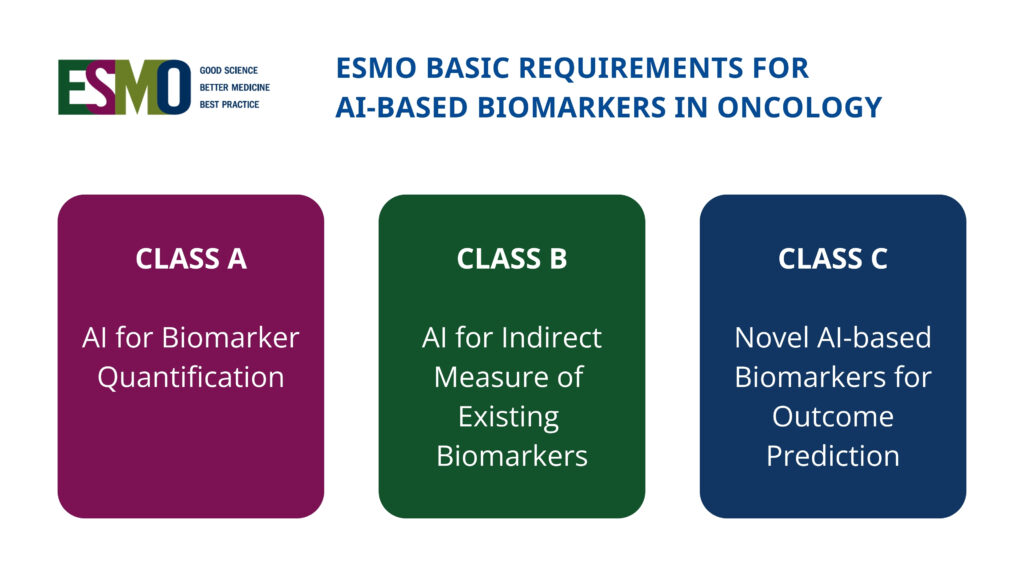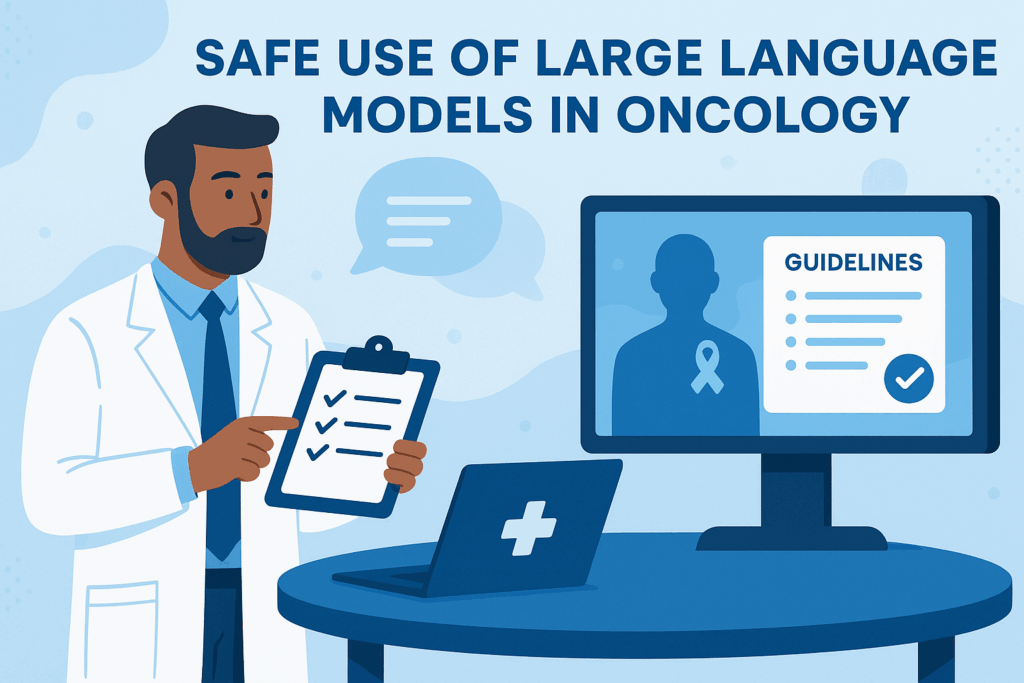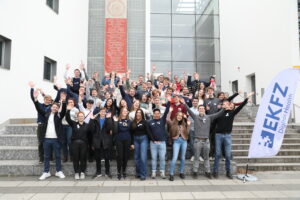Virtual companions, real responsibility
Using AI to decipher the mechanisms
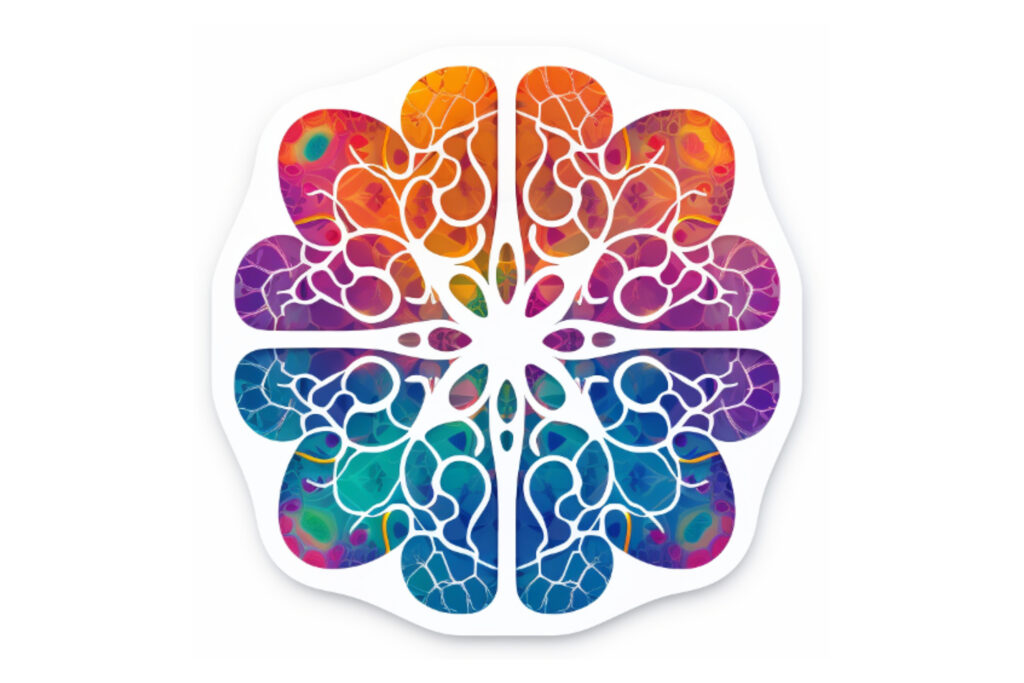
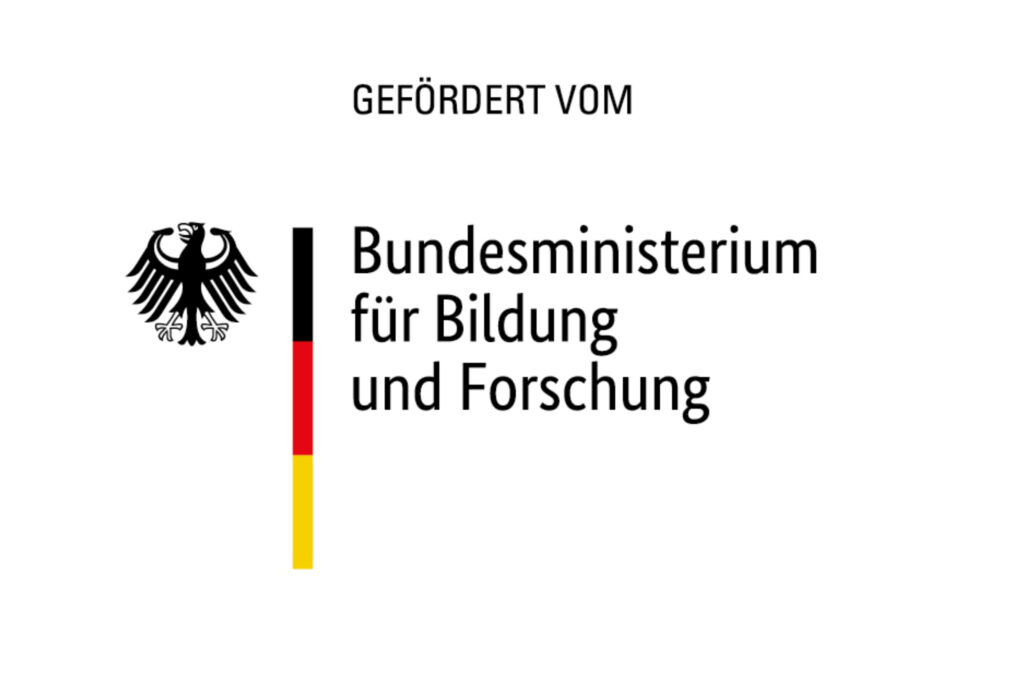
The DECIPHER-M research project uses Artificial Intelligence (AI) to further understand the spread of cancer cells based on routine clinical data. The aim is to improve treatment options using a multimodal foundation model. The project is funded by the German Federal Ministry of Education and Research (BMBF) within the initiative “National Decade against Cancer” for an initial period of three years.
From March 1, 2025, leading experts from the fields of medicine, computer science and biotechnology work together in the DECIPHER-M project (Deciphering Metastasis with Multimodal Artificial Intelligence Foundation Models). Led by Prof. Dr. Jakob N. Kather at the Else Kröner Fresenius Center for Digital Health, the interdisciplinary research team is using AI to study the development and spread of cancer metastases. The AI models link complex data from different sources to enable precise diagnoses and more individualized treatment options.
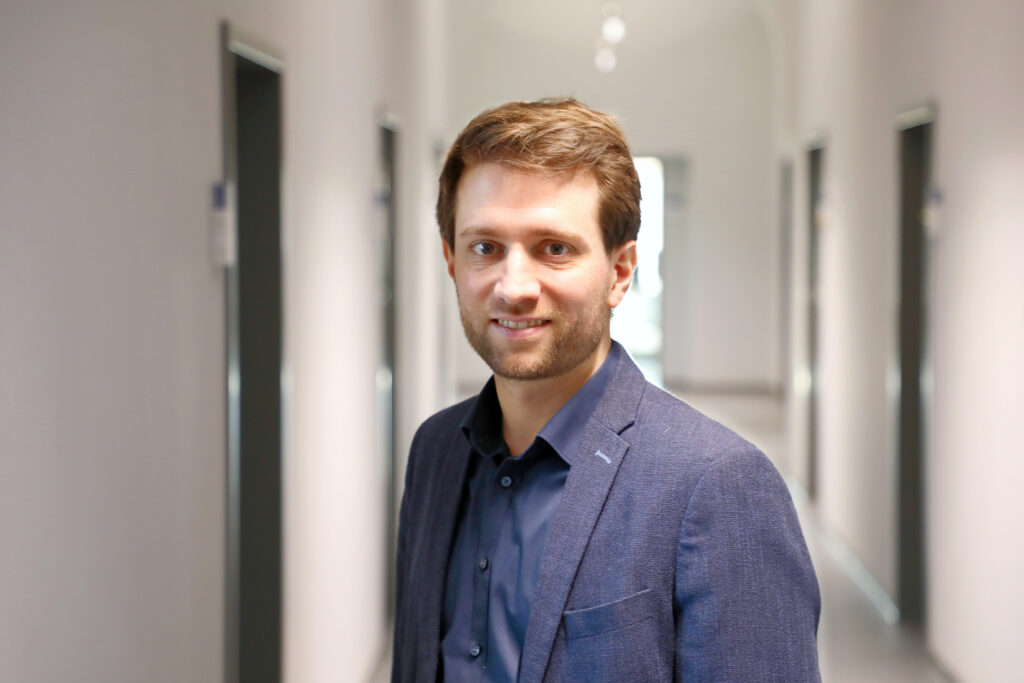
Jakob N. Kather
Despite enormous progress in oncology, metastasis remains one of the biggest challenges in cancer treatment. In the DECIPHER-M project, we are using AI technologies to identify complex patterns in routine clinical data. Our multimodal approach allows us to predict the individual risk of metastasis more precisely and to develop personalized treatment options. The long-term goal is to improve the survival of cancer patients.”
AI systems process different types of data and recognize patterns
The development of cancer metastases depends on multiple factors that are often difficult to identify. DECIPHER-M therefore relies on an AI model that combines different medical data sources – including tissue samples, X-ray and MRI images, and genetic information. These so-called multimodal foundation models link different types of data and recognize patterns. The insights gained help identify the risk of metastasis at an early stage and develop personalized treatment options. This enables more precise diagnoses, the initiation of preventive measures and the optimization of treatment options for cancer patients.
BMBF funding for pioneering interdisciplinary research
For Dresden Medical Faculty, interdisciplinary collaboration is the key to success in research and patient care. The project partners from Aachen, Dresden, Essen, Heidelberg, Mainz and Munich are collaborating to improve the quality of cancer treatment, avoid ineffective treatments and reduce the burden on the health care system. In the long term, DECIPHER-M could help to reduce cancer mortality and significantly improve the quality of life of cancer patients, said Prof. Dr. med. Dr. Esther Troost, Dean of the Carl Gustav Carus Faculty of Medicine at the TU Dresden.
DECIPHER-M has been submitted for a five-year period (2025–2030) with a total budget of around €9 million. The German Federal Ministry of Education and Research (BMBF) will initially fund the project for three years with around €5.5 million. The Else Kröner Fresenius Center for Digital Health will be funded with approximately €700,000 for this first funding period. If the interim evaluation is successful, funding of approximately €520,000 would be approved for a further two years.
Project Partners and Institutions
- Aachen: University Hospital RWTH Aachen
- Dresden: EKFZ for Digital Health, TUD and University Hospital Carl Gustav Carus
- Essen: University Hospital Essen, University of Duisburg-Essen
- Heidelberg: German Cancer Research Center (DKFZ)
- Mainz: University Medical Center of the Johannes Gutenberg University Mainz
- Munich: Helmholtz Munich, TUM University Hospital, TUM – The Entrepreneurial University
More News
New international framework defines standards for AI-based biomarkers in oncology (EBAI)
New ESMO Guidelines: Safe use of large language models in oncology



